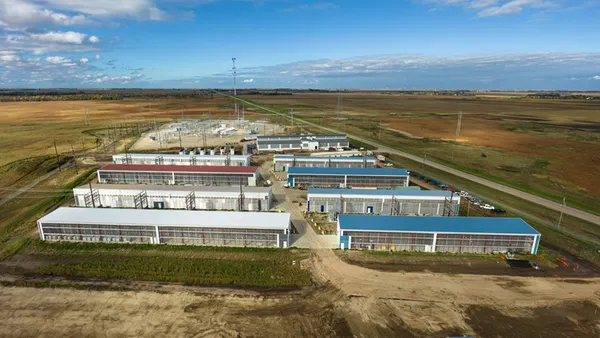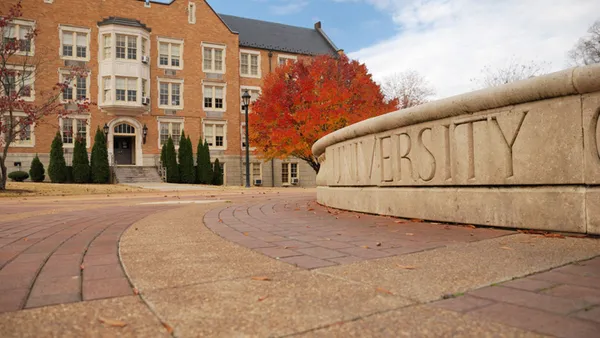Dive Brief:
- Seattle moved last week to usher more housing into areas dominated by commercial spaces, with city councilmembers unanimously approving legislation to ease office-to-residential conversion projects.
- The law, signed by Mayor Bruce Harrell on Thursday, allows developers who convert buildings to housing to skirt design development standards and avoid requirements to include affordable housing.
- Even with the new legislation combined with a state sales tax break, city officials said in a June presentation that they expect less than a dozen conversion projects resulting in 1,000 to 2,000 new housing units over seven years.
Dive Insight:
Seattle’s legislation addresses two major challenges facing the city: downtown offices emptied by the post-pandemic shift to remote work and a housing shortage. Office vacancy rates in early 2024 hit roughly 25%, up from about 5% in 2019, according to a June presentation by the Seattle Office of Planning and Community Development. Meanwhile, average residential rents increased 32% between 2012 and 2022.
A recent Urban Institute analysis named the Pacific Northwest city as one of the top five U.S. cities that could benefit most from turning underused office buildings into housing.
Despite the idea of office-to-residential conversions gaining traction among policymakers in the last several years, it often remains more expensive to convert office buildings to housing than to build new housing, the OPCD says.
In 2023, the city launched a competition calling for ideas from stakeholders for office-to-residential conversions. That effort yielded 13 “quality” proposals, according to the OPCD.
While city officials expect limited projects resulting from the legislation, it would be more than nothing.
In 2024, Washington state lawmakers created a construction sales tax exemption for conversion projects. Without that tax break and Seattle’s new legislation, the OPCD believes there would be zero conversions of 10 or more units in and around the city’s downtown.
“We must take advantage of every opportunity and tool available to create more housing options to address the issues at the root of Seattle’s affordability crisis,” Harrell said in a statement.
















